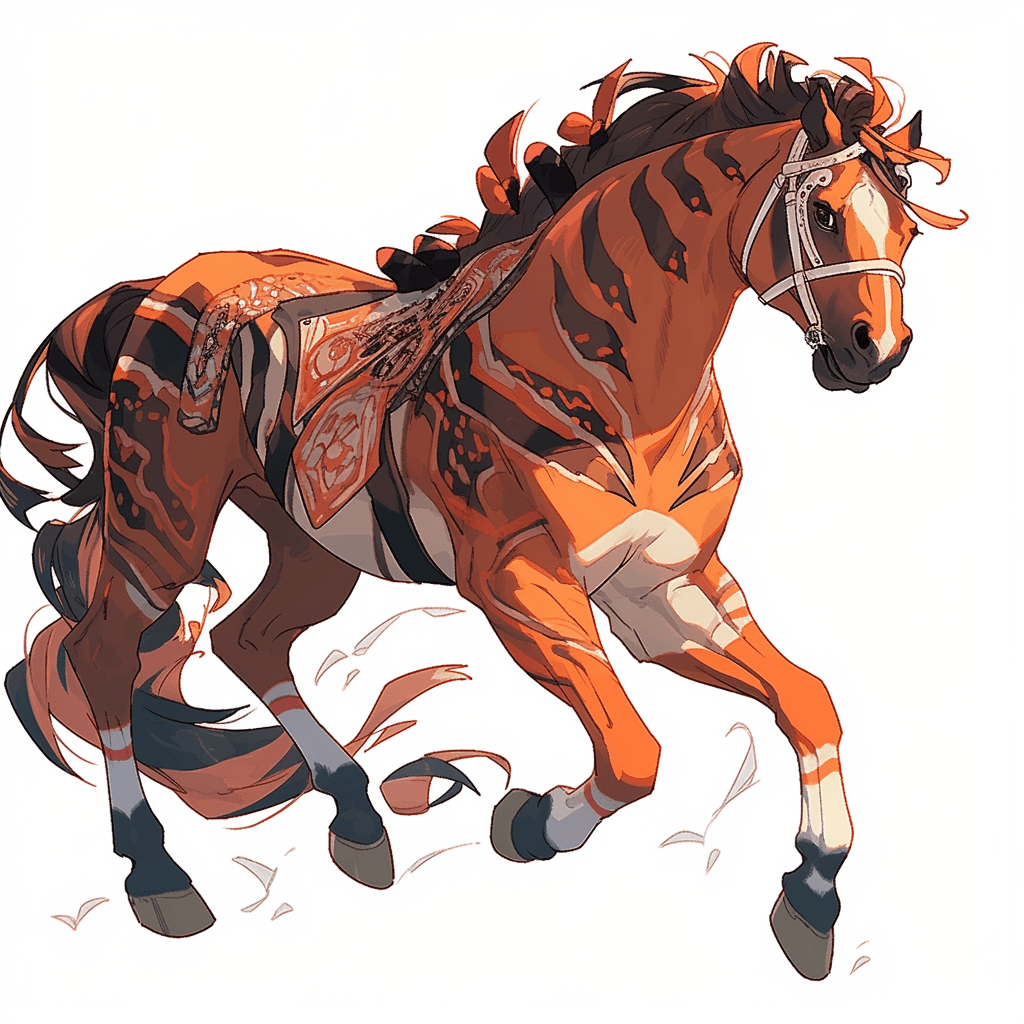Hey there, language enthusiasts! Welcome to another fun episode of our journey into the fascinating world of Chinese idioms or ChengYu. Today, we’re diving into the captivating story behind the idiom “虎頭蛇尾” (Hǔtóushéwěi).
Now, grab a cup of bubble tea and let’s get started!
When I was a little girl in Taiwan, my grandma used to tell me bedtime stories, and one day, she introduced this saying, “虎頭蛇尾.” She compared my habit of starting countless craft projects with great enthusiasm, only to leave them half-finished when the initial excitement faded, to a tiger’s head and a snake’s tail.
As a kid, I was perplexed. “Why would a tiger’s head and a snake’s tail have anything to do with my arts and crafts?” I thought. Well, let’s dive into this idiom and uncover its meaning together!
Definition of 虎頭蛇尾
- Traditional: 虎頭蛇尾
- Simplified: 虎头蛇尾
- Pinyin: Hǔtóushéwěi
- English: “Tiger head, snake tail”
- Definition: The idiom “虎頭蛇尾” (Hǔtóushéwěi) metaphorically speaks of situations or actions that start strong (like a tiger’s head) but end weak (like a snake’s tail).
Modern Usage of 虎頭蛇尾
In the modern context, this idiom is often used to critique situations or actions that start off with great promise but fail to maintain the momentum and end disappointingly. Whether it’s a blockbuster movie that starts off with a bang but ends with a whimper, or a promising project at work that falters at the finish line, this idiom captures the essence of such situations.
3 Example Sentences of 虎頭蛇尾
Here are a few examples of 虎頭蛇尾 in use like you’d find in everyday situations.
- 他的計劃一開始雄心勃勃,卻以虎頭蛇尾收場。
- 新產品推出時聲勢浩大,後來銷量卻虎頭蛇尾。
- 他對於學習新的語言總是虎頭蛇尾,無法堅持到底。
- TTā de jìhuà yī kāishǐ xióngxīn bóbó, què yǐ hǔtóu shéwěi shōuchǎng.
- Xīn chǎnpǐn tuīchū shí shēngshì hàodà, hòulái xiāoliàng què hǔtóu shéwěi.
- Tā duìyú xuéxí xīn de yǔyán zǒng shì hǔtóushéwěi, wúfǎ jiānchí dàodǐ.
- 他的计划一开始雄心勃勃,却以虎头蛇尾收场。
- 新产品推出时声势浩大,后来销量却虎头蛇尾。
- 他对于学习新的语言总是虎头蛇尾,无法坚持到底。
- His plan started off ambitious but ended in a disappointing finish.
- The new product launch was grand, but later the sales were disappointing.
- He always starts learning new languages enthusiastically but cannot persist until the end, just like a tiger head and snake tail.
So, my dear language lovers, the next time you notice something starting off impressively but ending not-so-great, remember this idiom – 虎頭蛇尾 – and impress your Chinese-speaking friends with your linguistic prowess. See you in the next episode, and as always, keep exploring and enjoying the beauty of languages!
Want to learn Chinese and Chinese culture at the same time? Check out my list of 20 top Chinese idioms.
For further language learning inspiration and updates, be sure to follow Ting Ting Tai on Instagram. Our vibrant community of language enthusiasts shares fascinating facts, engaging language games, and delightful cultural insights to keep your motivation soaring.
We have exciting news for you! The launch of our weekly newsletter is right around the corner. Packed with language tips, cultural insights, and updates on new reading materials, this resource is a must-have to enrich your Chinese learning journey. Don’t miss out! Sign up now to be among the first to receive our newsletter directly to your inbox.




